Introduction
In the current data-driven era, businesses are surrounded by huge amounts of data. All they need is advanced analytical tools and expertise to extract meaningful insights from complex datasets. If we talk about data analysis, then it has traditionally been a labor-intensive process, requiring skilled professionals to sift through the data manually. But AI-powered virtual assistants are revolutionizing the way by automating data analysis, offering real-time insights, and streamlining decision-making processes.
Let’s understand it in details,
The Evolution of Data Analysis
Before the emergence of artificial intelligence-driven solutions, businesses followed manual processes that relied on spreadsheets and complex software that struggled to interpret data. This often resulted in inefficiencies, mistakes, and prolonged decision-making processes. But not anymore; AI virtual assistants enable organizations to utilize machine learning, natural language processing (NLP), and automation to streamline and democratize data analysis.
How AI Virtual Assistants Enhance Data Analysis
1. Automating Data Processing
An AI virtual assistant has one amazing benefit, which is the automation of data processing. Traditionally, data used to be sorted and cleaned manually, but with AI, data sorting and cleaning can be done automatically in less time. Human errors can be avoided, leading to maximum productivity. These AI-powered assistants are capable of performing activities such as extracting, organizing, and formatting data from multiple sources, making it easier to analyze large datasets in real-time.
2. Real-Time Data Insights
Old-style data analysis requires reports to be generated. In contrast, AI Virtual Assistants are able to analyze both historical and live data to deliver real-time insights. Thanks to businesses gaining insights through real-time dashboards, they can now access up-to-date reports, track Key Performance Indicators (KPIs), and make data-driven decisions like never before.
3. Natural Language Processing (NLP) for Easy Querying
NLP applications include AI virtual assistants which are able to process human language and help users by providing answers in a conversational manner. Users don’t have to write complex SQL queries or use esoteric software, they can just say: “What were our sales trends last quarter?” and get an instant response.
4. Predictive Analytics and Forecasting
AI-driven assistants don’t merely analyze chronological data, they also can predict future trends through the application of machine learning algorithms. Predictive analytics enables businesses to forecast changes in the market, customer behavior, and operational risks, providing them with an advantage over the competition during strategic planning.
5. Data Visualization for Better Understanding
Data can be daunting in its raw form, but AI-enabled tools can turn those numbers into simple-to-read charts, graphs and dashboards. By better representing your complex information in a visual and interactive manner, decision-makers better understand the nuances and act on the insights accordingly.
6. Seamless Integration with Business Tools
The AI-based virtual assistants can perfectly integrate with standard enterprise software solutions such as the CRM systems, ERP solutions and cloud storage platforms. Businesses can use this to retrieve data from multiple source systems with ease and have a singular view of their operations.
Industries Benefiting from AI-Powered Data Analysis
Checkout the benefits of deploying AI virtual assistants across industries.
1. Finance
Fraud detection, investment analysis, and risk assessment are among the applications of AI virtual assistants in financial institutions. AI can detect unusual patterns by analyzing transactions and notify businesses of potential threats.
2. Healthcare
Healthcare organizations leverage AI-based virtual assistants to analyze patient data, predict disease occurrences, and advise on personalized treatment plans. Doctors can enable better decision-making with real-time data analytics.
3. Retail and E-commerce
Businesses are adopting AI to track individual customer preferences, maintain inventory management, and provide personalized shopping experiences. Having such Virtual assistants predict sales trends aids the supply chain.
4. Marketing and Sales
Marketers leverage these AI virtual assistants to analyze customer behavior, assess campaign performance, and review sales data to improve their marketing strategies. They can also generate customer insights, which helps improve targeting and lead conversion.
5. Manufacturing and Supply Chain
In manufacturing and supply chain industry, AI helps optimize supply chain operations, predict maintenance needs and reduce downtime by analyzing real-time production data.
How Aivio is Leading the AI Data Analysis Revolution
Aivio, an AI-powered virtual assistant, is setting new standards in data analysis by providing businesses with an intelligent, user-friendly, and efficient tool. Here’s how Aivio stands out:
- Advanced AI-Powered Search – Aivio retrieves relevant data and insights from structured and unstructured sources in seconds.
- Conversational AI with NLP – Users can communicate with Aivio naturally and obtain accurate responses in a matter of seconds.
- Automated Excel Analysis – Aivio makes it easy to process spreadsheets and identify trends and insights in seconds.
- Seamless Integration – Aivio connects with enterprise software, making data retrieval effortless.
- Enterprise-Grade Security – Aivio is designed using best practices of high-grade security, ensuring data privacy and regulatory compliance.
Conclusion
In short, AI virtual assistants are changing the way we analyze data- faster, more accessible and unbelievably accurate. Companies are no longer reliant on traditional, human-powered techniques to read their data. AI−powered tools like Aivio facilitate automated processes for data analysis and decision-making in real time so businesses can make the most informed decisions.
Organizations across all sectors can leverage the potential of AI-powered data analysis tools to enhance productivity, streamline operations, and gain a competitive advantage. Are you ready to transform your data management? Discover how Aivio can propel your organization forward today.
Step into the future of AI-powered data intelligence today with Aivio. Request a Demo.
How AI-Powered Virtual Assistants Are Enhancing Efficiency in the Workplace

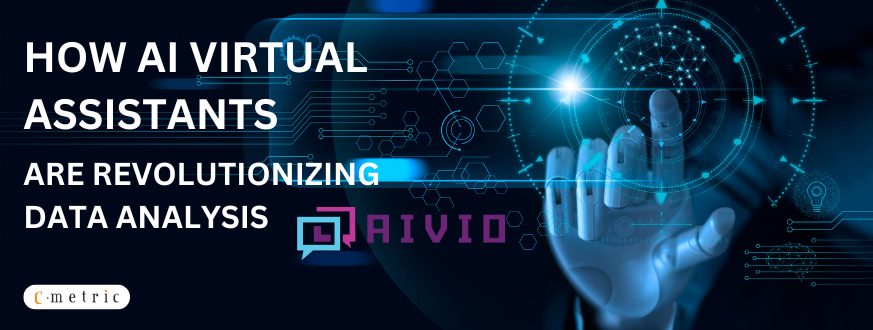
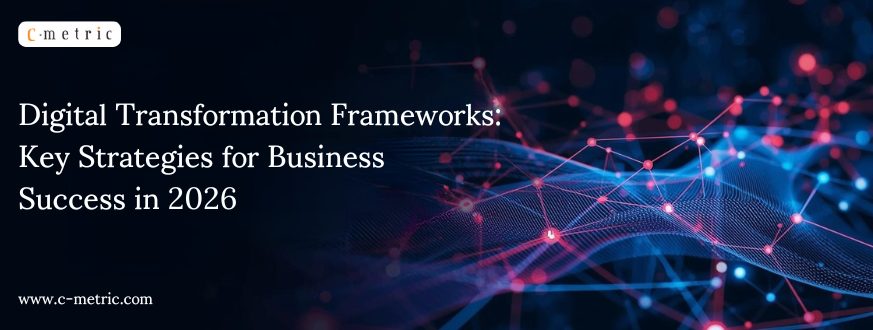
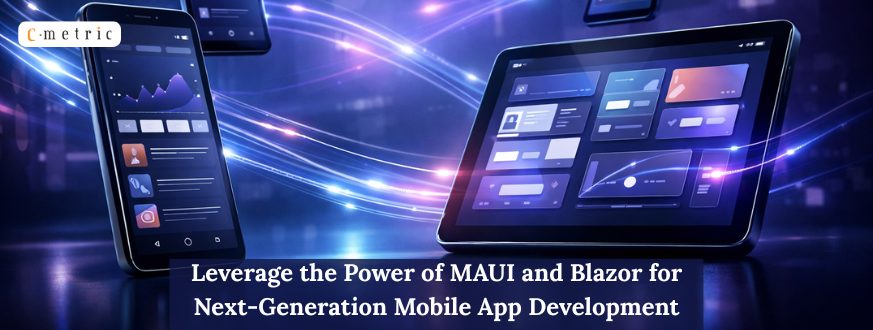
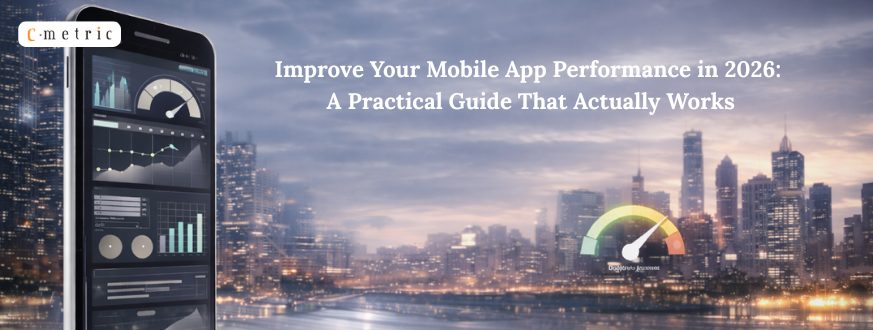
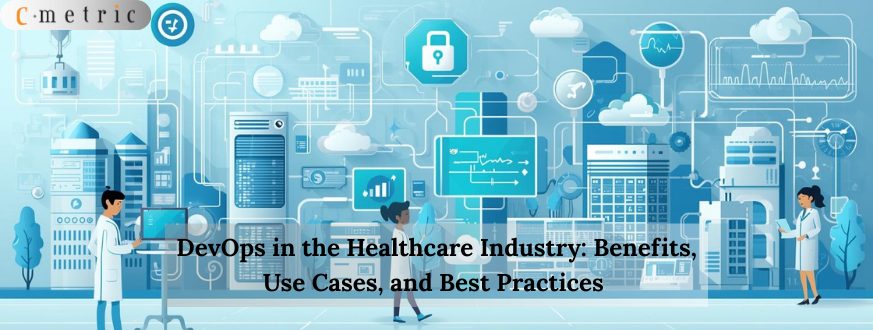
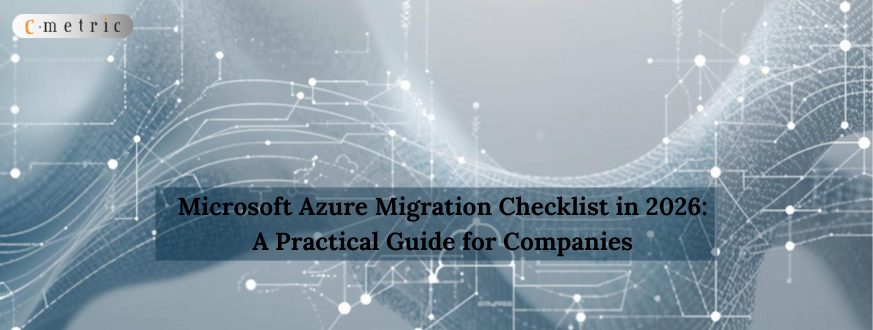





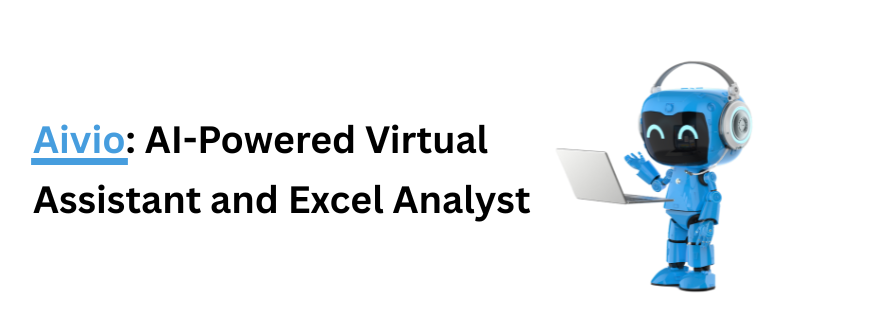

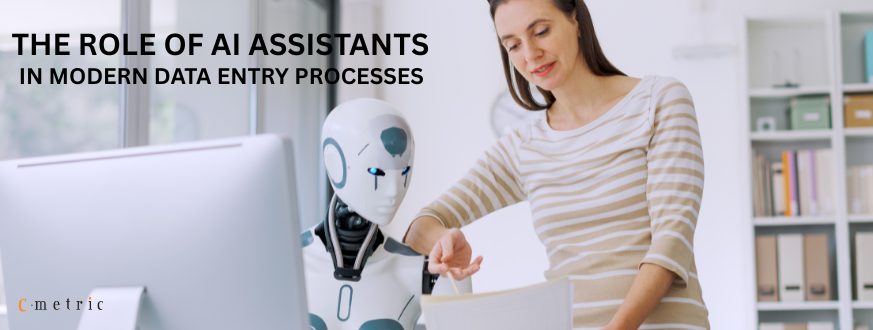
Get in Touch